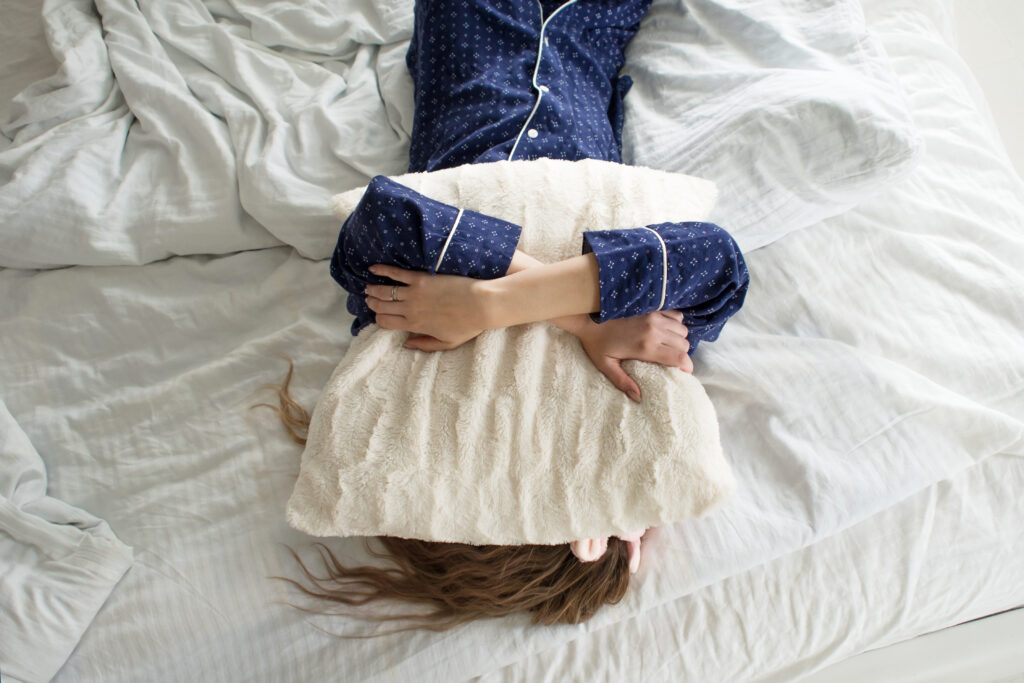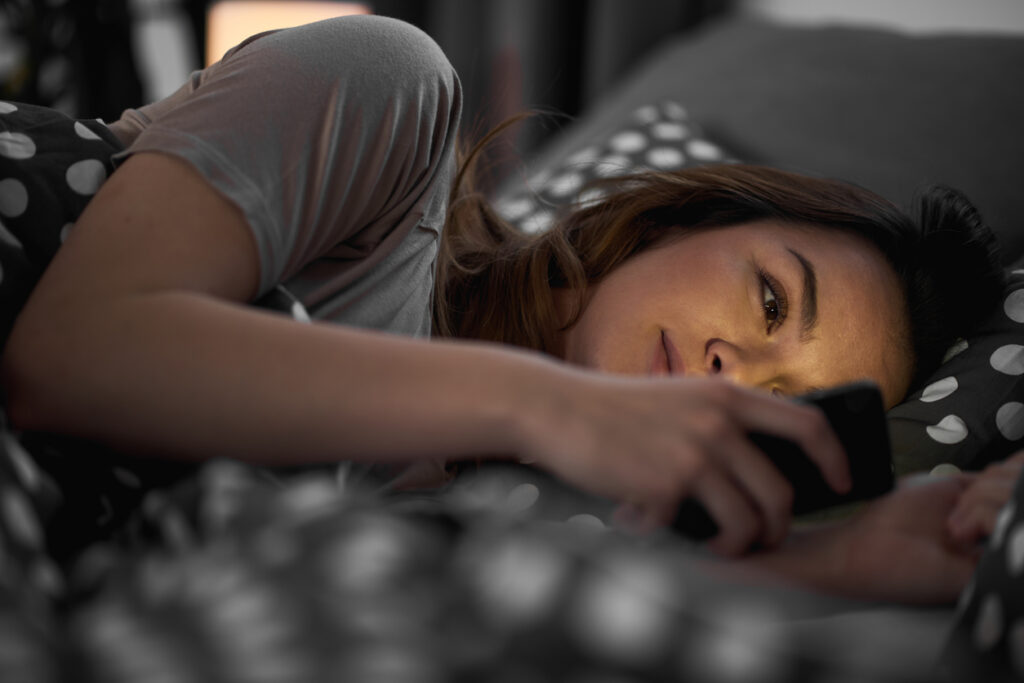Some women may know it well; the itching, burning, redness, and clumpy vaginal discharge that are all telltale signs of a yeast infection. A vaginal yeast infection, also known as candidiasis, is a very common condition among women, and once you get a yeast infection, you’re also more likely to get another one. To learn more about the causes of yeast infections and how to prevent them, we spoke to Diana Forbes, APRN, of S.H.E. Medical Associates, a Women’s Health Connecticut practice.
What is a yeast infection?
Vaginal yeast infections are an inflammatory response that is usually caused by an overgrowth of Candida albicans, a normal bacterium that lives in the vaginal environment of women.
Why do I keep getting yeast infections?
Yeast infections generally have some triggering event and can be caused by:
- Taking antibiotics, which upset the vaginal environment allowing yeast to overgrow.
- Interstitial cystitis (IC) is the medical term for “a painful bladder,” which can trigger yeast due to the micro-abrasions that occur with IC.
- Semen, your partner’s natural genital chemistry can change the balance of yeast and bacteria in your vagina.
- Underlying health conditions such as Diabetes and HIV can be the underlying contributor to recurrent or chronic yeast infections.
However, it is unclear why some women develop chronic yeast infections. It is speculated that overusing fluconazole, a common treatment for yeast infections, seems to be contributing to increased incidences of resistant strains of yeast bacteria.
What are the symptoms of a yeast infection?
The most common symptoms of yeast are inflammation and swelling of vulvar tissues, intense itching and burning, vaginal inflammation with a thick, clumpy discharge. However, sometimes women can have watery discharge, along with burning when they urinate.
Can a yeast infection go away on its own?
In my experience, yeast infections do not go away on their own. I recommend seeing your women’s health provider once you start seeing symptoms. However, there are over-the-counter anti-fungal medicines that are available to women without a prescription.
How can I stop getting yeast infections?
The easiest way to avoid yeast infections is maintaining healthy lifestyle habits such as:
- Avoiding refined sugars and flour.
- Don’t stay in wet swim clothes for a long period of time.
- If you are diabetic, maintain a good control of your Hemoglobin.
- If you know that antibiotics tend to cause yeast use clotrimazole, boric acid, or fluconazole to help prevent the growth of yeast while you are on antibiotics.
Forbes recommends that even if you think you have a yeast infection to call your women’s health provider, especially if you are prone to chronic yeast infections. There are many conditions of the vulva that cause itching and inflammation, not just yeast infections, and it helps to speak with your doctor openly about your symptoms. If you think you may have a yeast infection, or have any questions regarding your vaginal health, please contact one of Women’s Health Connecticut providers today.




